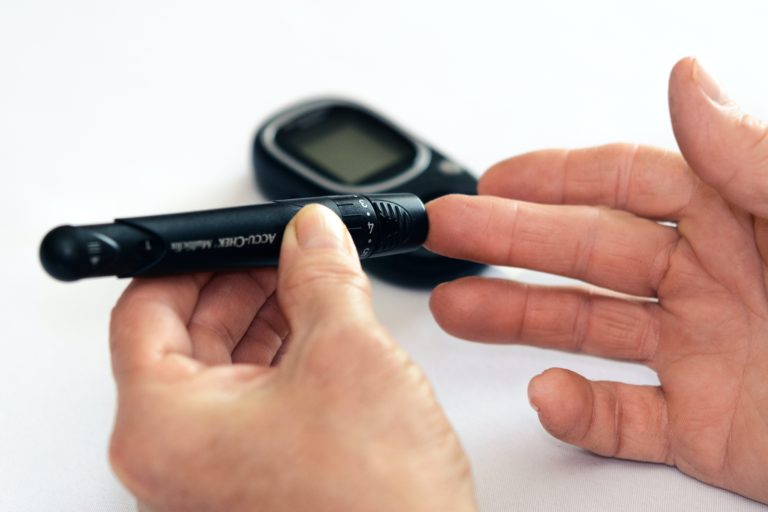
Is a Cup of Joe Help Healthy for Seniors?
Nutrition experts and medical researchers are finding all kinds of reasons to recommend indulging in a cup of joe— most based on the fact that coffee is the single greatest contributor to total antioxidant intake, says AARP’s article entitled “Five Surprising Health Benefits of Coffee.”
“Coffee is abundant in bioactive compounds that promote health,” says Kristin Kirkpatrick, a registered dietitian at Cleveland Clinic. As she explains, research published in The New England Journal of Medicine shows that these compounds may improve the gut microbiome (made up of healthy bacteria that aid in digestion and boost immunity) and reduce what’s called oxidative stress, which occurs when free radicals outnumber antioxidants in a way that leads to disease-causing cellular damage in the body. “The beans also have a deep rich hue, and we know that the deeper the color of a plant, the more benefits we can expect for health.”
However, moderation is the key. Three to five eight-ounce cups of coffee — or up to 400 mg of caffeine — per day can be part of a healthy diet. That is plain black coffee, not cappuccinos, lattes and macchiatos. Those are high in calories, sugar and fat. Let’s look at five health benefits of coffee that give you even more reason to enjoy your next cup.
- Lowers Your Risk of Type 2 Diabetes. A large review of studies published in Nutrition Reviews found that your risk of developing type 2 diabetes drops by 6% for each cup you drink per day. That’s because coffee is packed with phytochemicals that may act as antioxidants, anti-inflammatory compounds, insulin-sensitivity boosters and more. The same goes for decaffeinated brews. A study published in the Journal of Internal Medicine found that those who drank two to three cups of filtered coffee a day — as opposed to unfiltered coffee (made with a pod, an espresso machine, or a French press) had a 60% lower risk of developing type 2 diabetes than people who drank less than one cup of filtered coffee a day. Those drinking unfiltered coffee didn’t see such a reduction in risk.
- Heart Protection. A review of three major studies published recently in Circulation: Heart Failure found that drinking one or more cups of plain caffeinated coffee a day may reduce your risk for heart failure. (Decaf didn’t yield the same benefits.) Among those without diagnosed heart disease, researchers found that drinking up to three cups of coffee a day was associated with a lower risk of stroke, death from cardiovascular disease and death from any cause.
If possible, though, drink filtered coffee because unfiltered coffee contains two compounds that raise LDL cholesterol in some people, and high levels of LDL cholesterol increase your risk for heart disease and stroke.
- Boosts brain health. Some research suggests that regular caffeine consumption may offer brain health benefits. In one study of people ages 65 to 84, published in the Journal of Alzheimer’s Disease, those who drank a cup or two of coffee daily had a lower rate of mild cognitive impairment than those who never or rarely consumed coffee. Other studies suggest coffee may also protect against Parkinson’s disease. However, some research shows that having over five or six cups a day may have an adverse health impact on the brain.
- Improves your mood. Drinking coffee may reduce your risk of depression by nearly one-third, according to research from Harvard Medical School. The effect may be related to coffee’s anti-inflammatory properties. Coffee also has phytochemicals that feed the good bacteria in our guts. The good bacteria may produce or enhance other compounds that act on the brain and have beneficial effects on mood.
- Maximizes workouts. Downing a cup before exercise can make a difference in your workout because coffee improves circulation, endurance and muscular strength. It also may reduce pain, according to a review of research published in 2019 in Sports Medicine. However, it is important to recognize that coffee can also act as a diuretic.
Reference: AARP (Sep. 20, 2021) “Five Surprising Health Benefits of Coffee”

